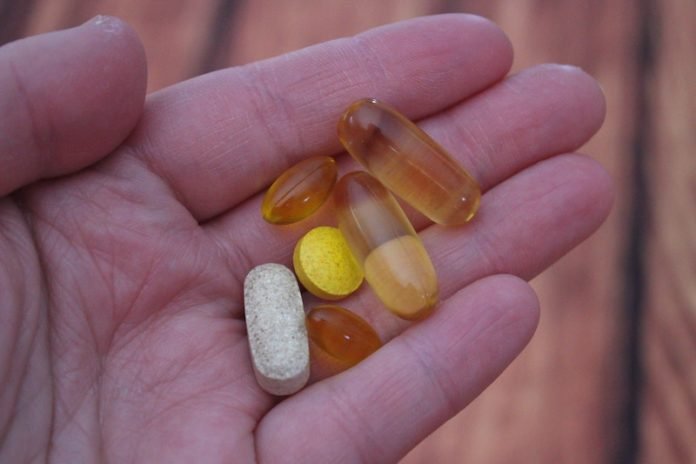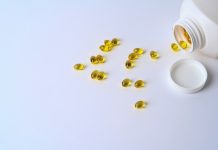
As we age, our bodies require more care and attention to maintain our overall health and well-being.
One of the most essential vitamins for older people is vitamin D. It plays a crucial role in our bodies, from strengthening our bones to supporting our immune system.
Vitamin D is a fat-soluble vitamin that our bodies produce when exposed to sunlight. It is also found naturally in some foods, such as fatty fish, eggs, and fortified dairy products.
However, as we age, our bodies become less efficient at producing vitamin D, and our skin becomes less capable of absorbing it from sunlight.
This puts older adults at a higher risk of vitamin D deficiency, which can lead to several health problems.
Here are some of the reasons why vitamin D is important for older people’s health:
Stronger Bones
Vitamin D is essential for maintaining strong bones. It helps our bodies absorb calcium, which is necessary for bone health.
Without enough vitamin D, our bodies can’t absorb enough calcium, leading to weakened bones and a higher risk of fractures.
This is particularly important for older people, as they are more prone to bone loss and fractures.
Reduced Risk of Falls
In addition to strengthening bones, vitamin D can also help reduce the risk of falls in older people. Falls are a common problem among older adults and can result in serious injuries, such as hip fractures.
Studies have shown that vitamin D supplementation can improve muscle strength and balance, which can help reduce the risk of falls.
Improved Immune Function
Vitamin D is also essential for supporting our immune system. It helps our bodies fight off infections and diseases by activating and regulating immune cells.
As we age, our immune system becomes less efficient, making us more susceptible to infections and diseases. Ensuring that we have enough vitamin D can help support our immune system and keep us healthier.
Reduced Risk of Chronic Diseases
Vitamin D deficiency has been linked to several chronic diseases, including heart disease, diabetes, and some types of cancer.
Studies have shown that maintaining adequate levels of vitamin D can help reduce the risk of these diseases in older adults.
For example, a study published in the American Journal of Clinical Nutrition found that vitamin D supplementation reduced the risk of heart disease in women over 50.
Improved Mood
Vitamin D has also been linked to improved mood and a reduced risk of depression. Studies have shown that low vitamin D levels are associated with an increased risk of depression in older adults.
Ensuring that we have enough vitamin D can help support our mental health and well-being.
How to Get Enough Vitamin D
While our bodies can produce vitamin D when exposed to sunlight, it can be difficult for older adults to get enough from sunlight alone.
This is because our skin becomes less efficient at producing vitamin D as we age, and we may also be less likely to spend time outdoors.
Additionally, some older adults may have limited mobility, making it difficult to get outside.
The good news is that it’s easy to get enough vitamin D through other sources, such as food and supplements.
Some foods that are high in vitamin D include fatty fish (such as salmon and tuna), egg yolks, and fortified dairy products (such as milk and yogurt).
However, it can be challenging to get enough vitamin D through food alone, especially if you have dietary restrictions.
Supplements are a convenient and effective way to ensure that you’re getting enough vitamin D.
Talk to your healthcare provider about whether vitamin D supplements are right for you and what dose is appropriate.
They may recommend a daily supplement or periodic high-dose supplements, depending on your individual needs.
If you care about inflammation, please read studies about new way to halt excessive inflammation, and vitamin B may help fight COVID-19 and reduce inflammation.
For more information about health, please see recent studies about plant nutrient that could help reduce high blood pressure, and results showing this diet may help reduce inflammation in COVID-19.
Copyright © 2023 Knowridge Science Report. All rights reserved.



